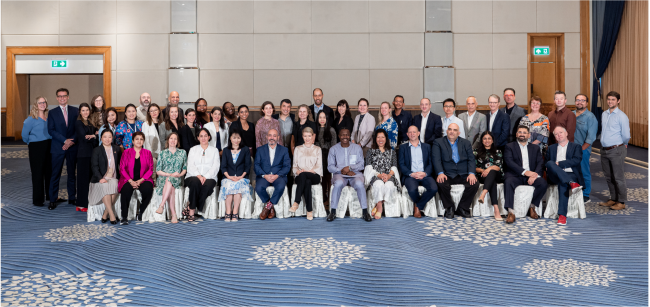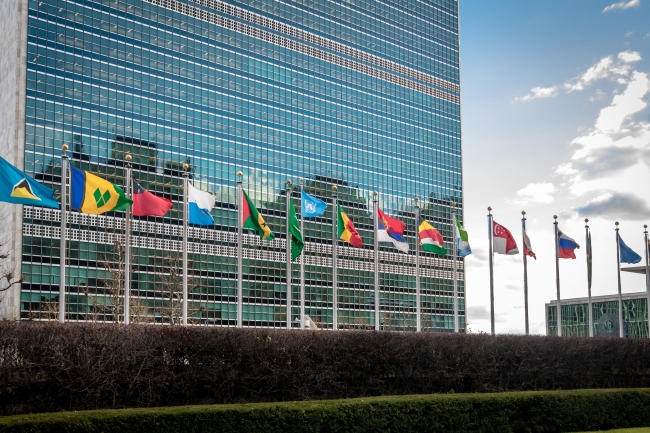Advancing Sustainable Development through Tax Policy: A Collaborative Effort in North Macedonia
03 DECEMBER, 2024

UNDP North Macedonia, in collaboration with UNDP Istanbul Regional Hub, the North Macedonia Ministry of Finance, the Public Revenue Office and the General Secretariat, held the Second Dialogue on Tax Policy for Advancing the Sustainable Development Goals (SDGs) on 3 December in Skopje. Key stakeholders from the governmental and non-governmental sectors gathered to discuss the pivotal role of taxation in shaping a sustainable future. The series of two dialogues set the stage for critical discussions on aligning fiscal policies with national development priorities.
Armen Grigoryan, Resident Representative of UNDP North Macedonia, highlighted in his address that “Tax revenues can be used to stimulate economic growth, reduce inequality, and finance high-quality public services.” Tax policy reform is a key driver for achieving the Sustainable Development Goals and National Priorities in accordance with the National Development Strategy.
“Tax policy is a powerful tool for development,” emphasized Elena Petrova, Director of the Public Revenue Administration, speaking at the event. She stressed the need to strengthen public trust in institutions, a critical factor for successful policy implementation. A few other priorities of the administration were outlined for the coming years, including digitalising public services to enhance efficiency and accessibility. Transparent management of tax revenues resonates with UNDP's approach to fostering inclusive and accountable governance.
Nikolce Jankulovski, Deputy Minister of Finance of North Macedonia, also engaged in the dialogue. By bringing national counterparts like the Public Revenue Office and Ministry of Finance on board, UNDP has created a space for dialogue and cooperation, ensuring that fiscal reforms are not only technical exercises but also vehicles for transformative change.
-------------
Tax for SDGs supports developing countries in increasing domestic resource mobilization and achieving the SDGs. Under the Initiative, taxation is considered both a tool for revenue collection and a policy instrument to encourage sustainable growth strategies and influence behaviour towards desired outcomes related to climate, nature, well-being, gender equality and governance.
Tax for SDGs helps countries to identify, understand and leverage taxation to achieve the SDGs.










